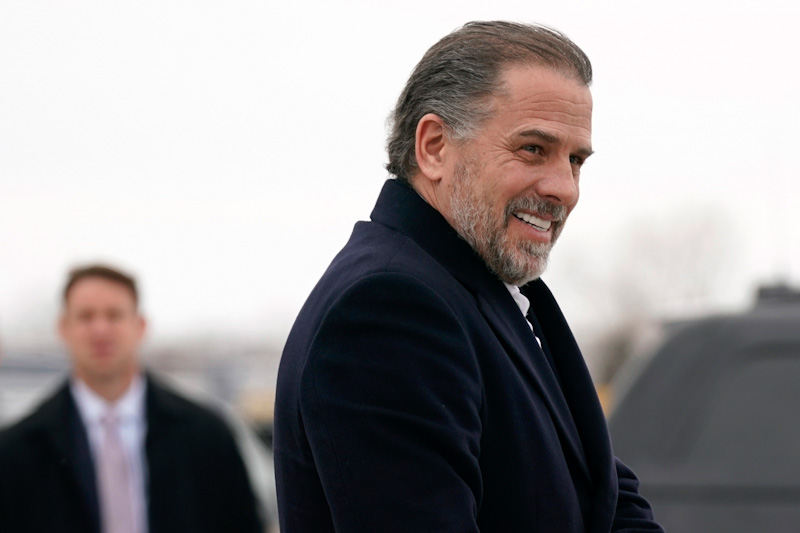1st Circuit rules in favor of Satanic Temple after challenge to city council’s snub
Religious Law
1st Circuit rules against Satanic Temple in challenge to city council snub
August 7, 2024, 3:07 pm CDT
The Boston City Council’s failure to invite the Satanic Temple to deliver an invocation before its meetings did not violate the First Amendment, a federal appeals court ruled Tuesday. (Image from Shutterstock)
The Boston City Council’s failure to invite the Satanic Temple to deliver an invocation before its meetings did not violate the First Amendment, a federal appeals court ruled Tuesday.
The 1st U.S. Circuit Court of Appeals at Boston said there was no violation of the free exercise and establishment clauses.
Bloomberg Law, the Boston Herald and Courthouse News Service have coverage of the Aug. 6 decision.
Boston’s 13 city council members typically select speakers to give the invocations on a rotating basis. Speakers are selected based on personal connections or the speaker’s involvement in the community. The majority of speakers have been Christian clergymen, but there have also been rabbis, imams, and other religious leaders. The group sued after no invitation was forthcoming.
The Satanic Temple said it venerates but does not worship Satan as an icon against tyranny who sought justice and egalitarianism for himself and others. The group also cites its charitable acts, including its “Warmer than Hell” winter coat and clothing drive for a charity serving low-income people.
A federal judge tossed the case, and the 1st Circuit affirmed in an opinion by Judge Sandra L. Lynch, an appointee of former President Bill Clinton.
Choosing invocation speakers based on their work in the community does not violate the establishment clause, the 1st Circuit said. According to the appeals courts, there is no evidence that city council members selected speakers based on religious preferences or biases. Nor is there a claim that the temple has a working or personal relationship with city council members.
Turning to the Satanic Temple’s free exercise claim, the appeals court said the Satanic Temple failed to show that the invocations created a substantial burden on the exercise of its religious beliefs.
The 1st Circuit ended its decision with a “cautionary note.”
In the future, the appeals court said, it is possible that council members will favor invocation invitations “only to those representing religious electoral majorities and explicitly proselytizing for those views or disparaging minority or unpopular groups. Boston has not taken such a step, according to the record. Should it do so in the future, courts may again be called on to enforce constitutional commands under the establishment clause.”
See also:
Chicago’s refusal to allow ‘Hail Satan’ city council invocation violates First Amendment, suit says






